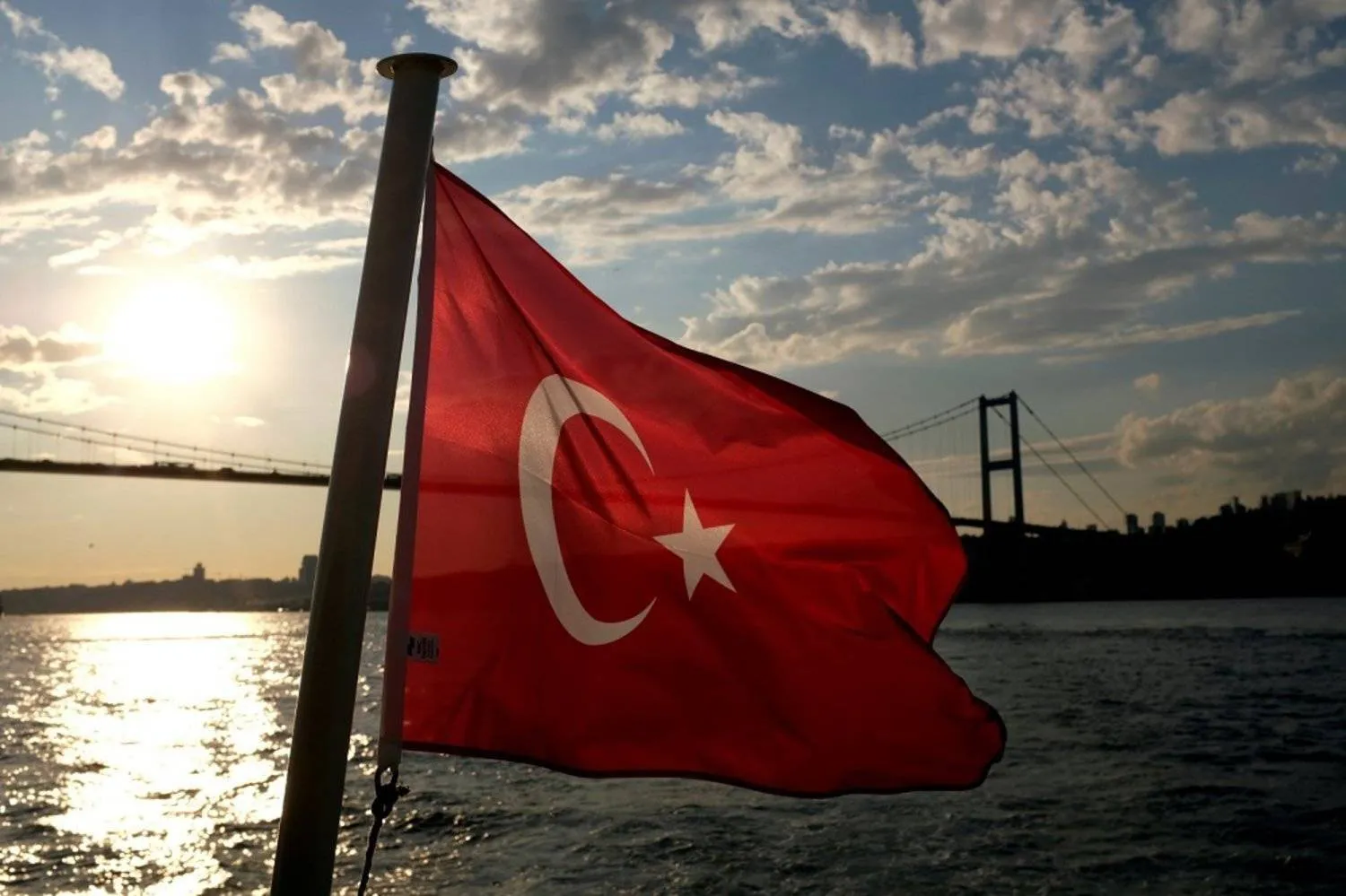Türkiye's exports to Palestinian territories leapt sixfold in the first nine months of the year to $571.2 million, data showed on Tuesday, five months after the country halted trade with Israel in protest over its war in Gaza.
The 526% rise in exports occurred largely after the ban went into effect. In the first four months of the year, Turkish exports to Palestinian territories were up 35% to $49.4 million, according to data from the Turkish Exporters Assembly (TIM).
Turkish opposition lawmaker Mustafa Yeneroglu on Monday submitted questions to parliament about the sharp increase in exports to Palestinian areas and ongoing ship traffic from Türkiye to Israel, despite the trade ban.
Yeneroglu asked Trade Minister Omer Bolat to respond to local media reports that trade with Israel was quietly continuing through Palestinian companies, with shipping documents describing goods as going to Palestinian territories when they were actually going to Israel.
Asked for comment by Reuters, the Trade Ministry pointed to previous statements on the issue. On Sept. 18, it denied trade with Israel was continuing, reiterating that it ended on May 2.
It said Palestinian authorities had declared several times that Turkish goods were used exclusively in Palestinian areas.
These territories encompass the Gaza Strip, the Israeli-occupied West Bank, and Arab East Jerusalem.
The trade ministry imposed export restrictions on 54 categories of products to Israel in April before completely halting exports and imports in early May.
At the time, Türkiye said it would not resume trade with Israel, worth $7 billion a year, until a permanent ceasefire and humanitarian aid were secured in Gaza, becoming the first of Israel's key commercial partners to take such a step.
Israel launched a devastating war against Hamas in Gaza a year ago after the Palestinian Islamist group's deadly cross-border attack.









